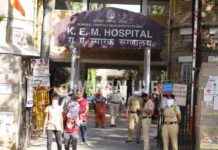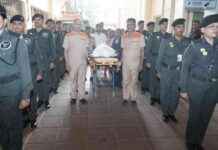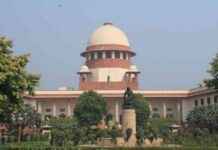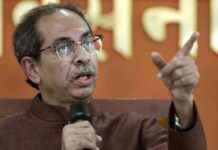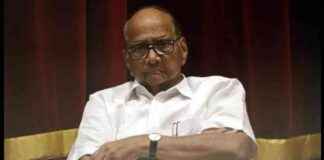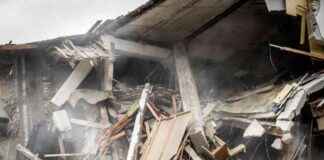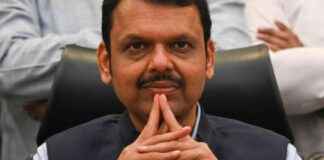Resident Doctors’ Strike Disrupts Medical Services in Rajasthan Government Hospitals
The ongoing strike by resident doctors in Rajasthan government hospitals has led to disruptions in medical services, impacting patients in need of care. The strike, sparked by the alleged rape and murder of a postgraduate trainee in Kolkata, has entered its second day, affecting hospital operations in various parts of the state.
Impact on Medical Services
The Jaipur Association of Resident Doctors (JARD) has confirmed that while emergency services are still operational, non-essential services have been suspended by the striking resident doctors. This has resulted in delays and cancellations of appointments, creating difficulties for patients seeking medical attention.
In addition to Jaipur, resident doctors in Udaipur and Jodhpur have also joined the strike, amplifying the impact on healthcare services across the state. Dr. Manohar Siyol, president of JARD, emphasized that the strike will persist until the doctors’ demands are met, highlighting the seriousness of their grievances.
Demands of Resident Doctors
The resident doctors have put forth a list of demands, including a transparent investigation into the incident, the resignation of responsible authorities, and adequate compensation for the victim’s family. They are also advocating for the implementation of the central protection act and workplace safety measures in all medical colleges nationwide to prevent similar tragedies from occurring in the future.
The agitation by resident doctors underscores the urgent need for accountability and safeguards within the healthcare system to protect both medical personnel and patients. Their demands reflect a broader call for justice and reform within the medical community to address issues of safety and security.
Response from Authorities
While the Federation of Resident Doctors’ Association (FORDA) initially called for a nationwide indefinite strike in response to the Kolkata incident, the Union Health Minister J P Nadda has reportedly accepted their demands, leading to the suspension of the strike. However, certain medical institutions, including AIIMS and the Indira Gandhi Hospital, as well as associations like FAIMA, have decided to continue their protest until a central law addressing attacks on medical personnel is enacted.
The divergent responses from different factions within the medical community highlight the complexities of addressing systemic issues and the varying perspectives on how best to achieve meaningful change. It remains to be seen how the authorities will navigate these challenges and work towards ensuring the safety and well-being of healthcare providers and patients alike.
The ongoing strike by resident doctors serves as a poignant reminder of the vulnerabilities within the healthcare system and the pressing need for comprehensive reforms to safeguard the rights and security of medical professionals. As the stalemate continues, the repercussions of the strike are felt by patients who rely on government hospitals for essential medical care, underscoring the urgency of finding a resolution to the impasse.
Way Forward
In light of the escalating tensions and disruptions caused by the strike, it is imperative for all stakeholders to engage in constructive dialogue and negotiation to address the underlying issues and find a viable path forward. Transparency, accountability, and meaningful reforms are essential to restoring trust and confidence in the healthcare system and ensuring the welfare of both medical staff and patients.
The demands of the resident doctors reflect their commitment to upholding ethical standards, promoting justice, and fostering a safe working environment for healthcare providers. By advocating for systemic changes and accountability measures, they are championing the cause of integrity and professionalism within the medical fraternity.
As the situation unfolds, it is crucial for the concerned authorities to heed the voices of the resident doctors and take concrete steps to address their grievances. Collaborative efforts, open communication, and a commitment to resolving the underlying issues are key to overcoming the current impasse and laying the foundation for a more secure and resilient healthcare system.
In conclusion, the resident doctors’ strike in Rajasthan government hospitals has brought to the forefront critical issues surrounding safety, accountability, and justice within the medical profession. By standing in solidarity and advocating for meaningful reforms, the doctors are not only asserting their rights but also championing the values of integrity, compassion, and professionalism that are essential to the practice of medicine. It is imperative for all stakeholders to work together to address the concerns raised by the doctors and build a healthcare system that prioritizes the well-being of both healthcare providers and patients.


